Political Paradigm of Pragmatism from the Khmer Youth part 68
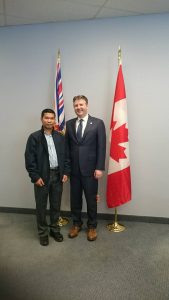
This part (68) was broadcasted on June 06, 2016, Mr. Sophan Seng described on his effort to lobby Canada’s government to support Cambodians overseas especially Cambodian-Canadian citizens whose campaign for rights to vote in Cambodia elections must be endorsed.
Through meeting with MP Kennedy Steward who is Burnaby caucus chair of NDP’s opposition party, Kennedy delightfully endorsed by accepting signatures and make a speech out loud to demand for collective support in the Parliament Hill of Canada in the next parliamentary session of commencement.

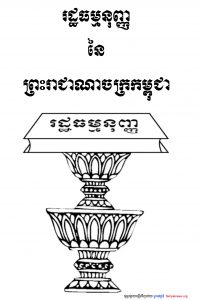 At the present, Cambodia political landscape is heading towards constitutional crisis as two official political parties ie. CPP and CNRP have faced challenges on comprehension and implementation of many articles within the Constitution.
At the present, Cambodia political landscape is heading towards constitutional crisis as two official political parties ie. CPP and CNRP have faced challenges on comprehension and implementation of many articles within the Constitution.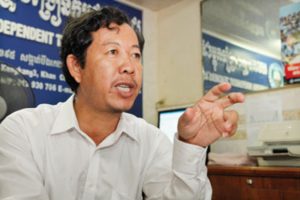
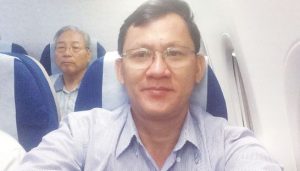
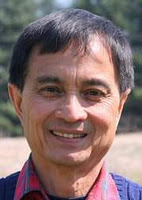 Last month, I engaged in an extensive interview by email, responding to questions from Russian journalist Stephan Jarinsky. The convergence of developing responses to those questions and the recent death of a longtime friend with whom I collaborated when fighting Vietnamese occupation of Cambodia in the 1980s caused me to be particularly reflective.
Last month, I engaged in an extensive interview by email, responding to questions from Russian journalist Stephan Jarinsky. The convergence of developing responses to those questions and the recent death of a longtime friend with whom I collaborated when fighting Vietnamese occupation of Cambodia in the 1980s caused me to be particularly reflective.